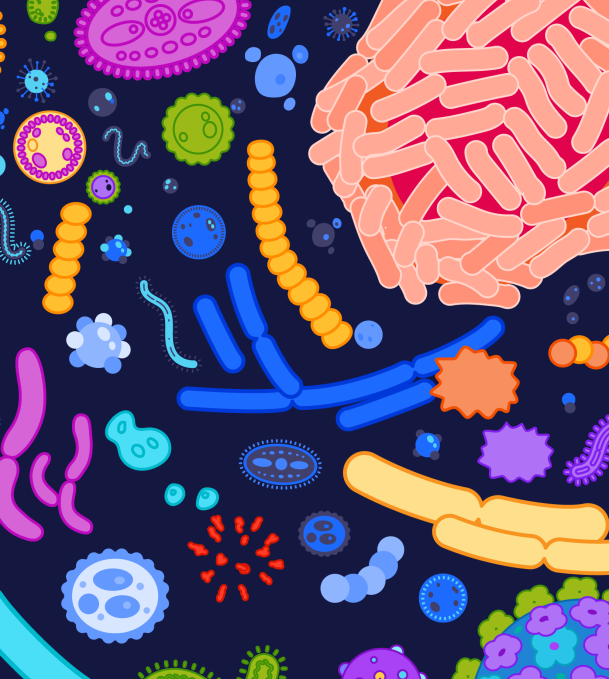Intermittent Fasting

Digestion uses more energy and resources than any other process in the body. Intermittent fasting is a way of taking the pressure off the digestive system and allowing the body to use that energy for healing, regeneration and rebuilding.
Intermittent fasting may seem daunting at first, so it is important that you take your time and build up at a rate you are comfortable with. Remember, this is your health – develop an approach which works for you!
Intermittent fasting requires setting aside a period of time where you do not eat, but can still consume fluids. There are several variations of intermittent fasting, such as the 16:8 method (referred to as “Time Restricted Feeding”) – whereby someone will not consume food for 16 hours within a day, but can eat within the remaining 8 hours.
This might take the form of fasting from 6pm in the evening to 10am the following day and then eating between 10am and 6pm.
Emerging publications suggest intermittent fasting slows disease processes, promotes weight loss (link) and induces autophagy, a naturally occurring mechanism which cleans out dead cells and allows regeneration, improving longevity (link).

Exercise
Generally speaking, the best exercise for you is the one you enjoy the most.

Healthy Tips
It is widely recognised that maintaining a healthy weight can help prevent or control disease (link). The prospect of losing weight can make some people feel anxious, but changes do not have to be drastic to be beneficial.

MICROBIOME
Most people are dehydrated and changing this alone would solve so many health issues. Fill a bottle up and then you can see how much you’re drinking throughout the day.

Aromatherapy
Harness the essences of mother nature! Aromatherapy is the practice of using essential oils for therapeutic benefit. It has been used for centuries.

Morning Sunlight
The properties of sunlight change throughout the day. Morning light stimulates hormones and is saturated in infrared light which helps heal bones and wounds.